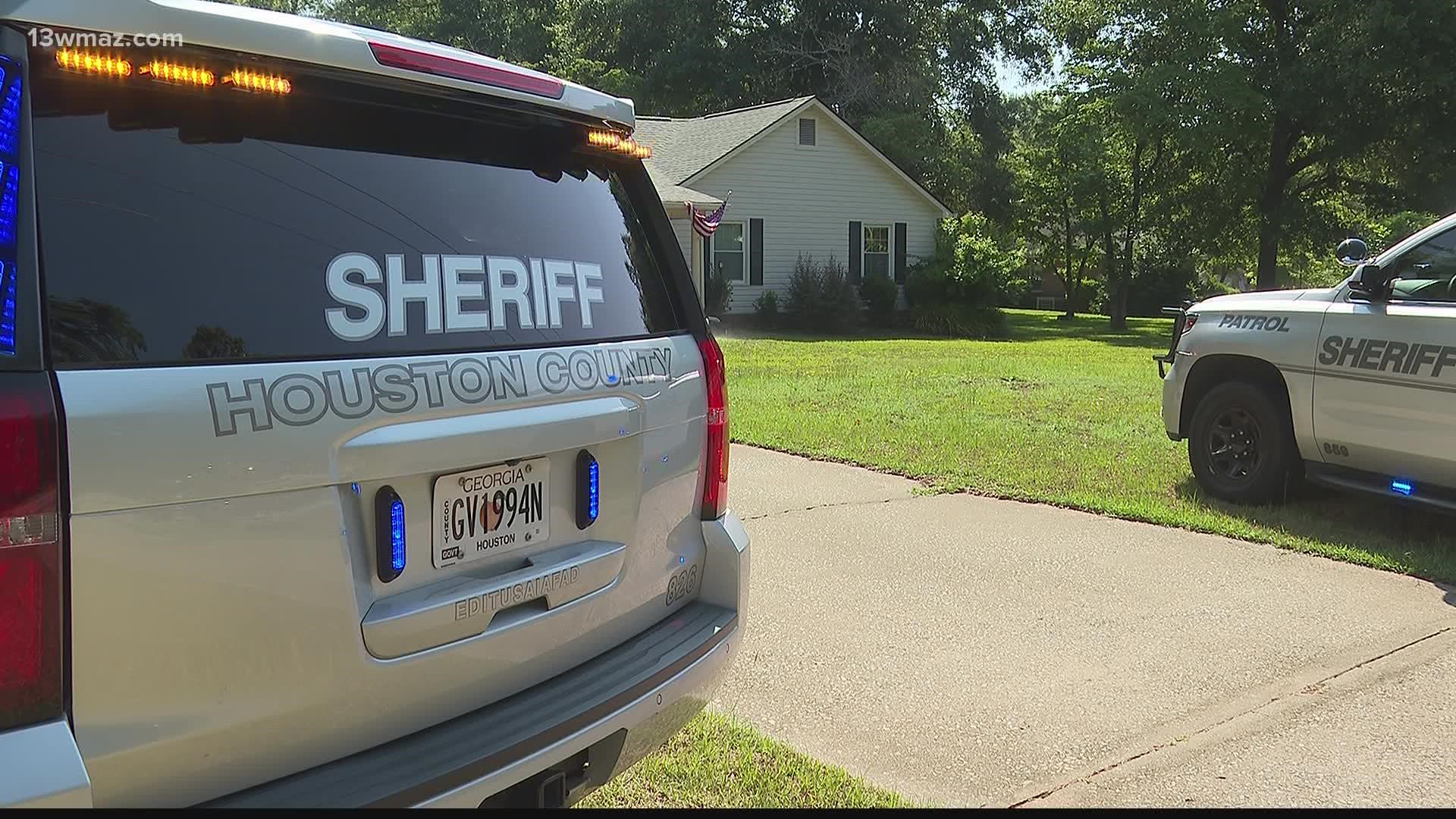HOUSTON COUNTY, Ga. — A new Georgia law that took effect July 1 aims to help coordinate law enforcement and mental-health professionals in crisis situations, but so far, departments say they're still learning about the co-responder law.
Capt. Ron Brainard with Houston County says no negotiator or mental health professional was on scene Sunday when Houston County deputies shot and killed 44-year-old James Parks after he showed a gun.
Brainard says they didn't have a negotiator or mental health professional on scene because the 911 call was about a welfare check for a suicidal person. He says Houston County brings a negotiator to the scene only if their SWAT team is called out.
We still don't know if Parks fired the gun or aimed it at deputies. We also don't know how long deputies tried talking with Parks during this mental health episode before it turned deadly.
The state's new co-responder law aims to change the response and outcome of mental health episodes by creating co-responder groups.
It gives law enforcement agencies the option to create these co-responder team and putting behavioral health specialists on the ground alongside officers.
"It's going to save lives. It's going to save money. It's going to make the process of ensuring individuals are able to access those much needed services at the most times they're in crisis much more efficiently," said Angela Holt, CEO of Middle Flint Behavioral Healthcare.
Holt says the program will help in situations where police respond to a call of a suicidal person.
Under the new law, Middle Flint Behavioral Healthcare, an Americus-based group, would assist law enforcement in Houston County and 10 other counties in their Community Service Board district.
She says the framework under the law is needed. It connects mental health professionals with officers.
"They're not aware of what to do. There's a lack of education or understanding on just how to respond in situations," Holt said.
State Senator Ben Watson helped get the bill through the General Assembly. He says these teams will help de-escalate situations. Watson says he wants to see pairs of mental-health professionals and officers responding to crisis scenes together.
"Both are in plain clothes and both are in an unmarked car," Watson said.
Holt says officers also have the option to just phone an on-call mental health specialist to help in their response.
"Every response may not need a behavioral health professional actually on the scene, but it definitely helps create those teams--the awareness level has improved, so law enforcement, who are the boots on the ground, who are usually the first responders have a support system someone they can reach out to if they have questions or need backup," Holt said.
Though the law took effect July 1, Holt says they can offer the service for only 4 out of the 11 counties in their district because of staffing. Those include Houston, Crisp, Peach, and Sumter.
Several counties we spoke to, including Bibb and Baldwin, say their law enforcement agencies do plan to launch these teams. However, they are just beginning to discuss how to set up these teams.
As for the Houston County shooting, there's still several unanswered questions that the Houston County Sheriff's Office and Georgia Bureau of Investigation won't answer until the investigation is complete.

